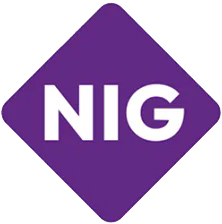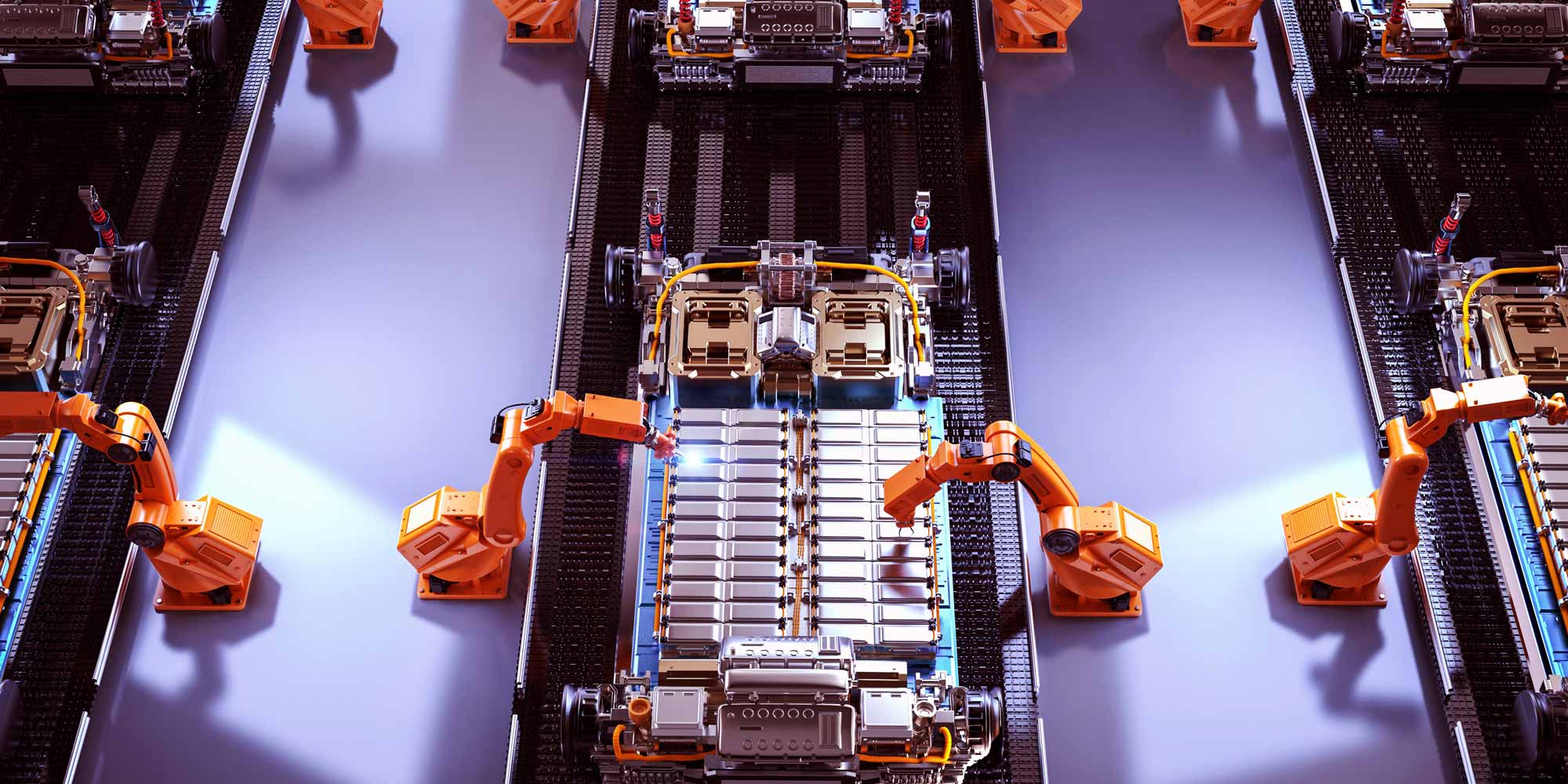Directors & Officers Insurance in Battery Manufacturing: Protecting Leadership in a High-Stakes Industry
Introduction: The Critical Role of D&O Insurance in Battery Manufacturing
The battery manufac…
Transit Insurance for Battery Shipments: Protecting Your Business from Potential Risks
Understanding the Critical Need for Transit Insura…
Battery Manufacturing Insurance Tax Relief & Incentives: Protecting Your Green Energy Investment
A Comprehensive Guide for UK Battery Manufacturers Navigating Financial Strategies and Risk Management
In…
Battery Manufacturing Insurance: Protecting Your Startup's Future in the Green Energy Revolution
A Comprehensive Guide to Navigating Insurance Risks in the Emerging Battery Technology Sector
Introductio…
Business Interruption Insurance for Battery Manufacturers: Complete Guide
The battery manufacturing industry stands at the forefr…
Battery Manufacturing Insurance: Comprehensive Cost Factors and Risk Management Guide
Introduction: The Critical Role of Insurance in Battery Manufacturing
The battery manufacturing industry stands …
Battery Manufacturing Insurance Claims Process: Navigating Risks and Protecting Your Business
Introduction: The Critical Role of Insurance in Battery Manufacturing
Battery manufacturing is a complex, hi…
Battery Manufacturing Insurance Renewal Guide: Comprehensive Protection for Your Business in 2025
Introduction: The Critical Role of Insurance in Battery Manufacturing
As the battery manufacturing i…
Battery Manufacturing Insurance: Comprehensive Protection in Turbulent Economic Landscapes
A Definitive Guide to Safeguarding Your Renewable Energy Manufacturing Business
Understanding the Complex Risk …
Solid-State Battery Manufacturing Insurance: A Comprehensive Protection Strategy for Cutting-Edge Technology
Published: October 2025 | Insure24 Commercial Insurance Insights
Introduction: The Solid-Stat…
Battery Testing Laboratory Insurance: Protecting Your Technical Facility
Understanding the Unique Insurance Needs of Battery Testing Laboratories
Battery testing laboratories represent a critical inters…
Small-Scale Battery Manufacturing Insurance: Complete Guide for UK Producers
The battery manufacturing sector is experiencing unpreceden…
Quality Control Failure Insurance in Battery Production: Protecting Your Manufacturing Investment
Understanding the Critical Need for Qua…
Battery Manufacturing Insurance: Navigating Coverage for Franchise and Independent Businesses
Introduction: The Critical Role of Insurance in Battery Manufacturing
The battery manufacturing landscape is rap…
Domestic vs International Battery Manufacturing Insurance: Navigating Complex Risk Landscapes
Introduction: The Critical Role of Insurance in Battery Manufacturing
The battery manufacturing industry stands …
Battery Manufacturing vs General Manufacturing Insurance: Navigating Unique Risks and Protection Strategies
Published: October 2025
Introduction: The Critical Role of Specialized Insurance in Manufactur…
Next-Generation Battery Technology Insurance: Comprehensive Risk Management for Innovative Energy Solutions
A Definitive Guide for Businesses, Manufacturers, and Insurers in the Evolving Battery Technology Landscape
…Lithium-Ion Battery Manufacturing Insurance: Comprehensive Protection for a Critical Industry
Published: October 2025 | Insure24 Commercial Insurance Guides
Introduction: The Critical Role of Insurance …
Battery Recycling Facility Insurance: Protecting Your Sustainable Business from Unique Risks
Introduction: The Growing Importance of Battery Recycling
As the world transitions towards renewable ener…
Gigafactory Insurance: Protecting the Future of Battery Manufacturing
A Comprehensive Guide to Risk Management in Advanced Battery Production
Understanding the Unique Insurance Landscape of Gigafactorie…
Intellectual Property Insurance for Battery Technology: Comprehensive Protection in a Dynamic Industry
Navigating Legal Risks and Safeguarding Innovations in the Battery Technology Sector
Introduction: …
Regulatory Compliance Insurance: Protecting Battery Manufacturers in a Complex Landscape
Introduction: The Critical Role of Regulatory Compliance in Battery Manufacturing
The battery manufacturing sector is…
Health & Safety Insurance for Battery Manufacturing: Protecting Your Business and Workforce
A Definitive Guide to Understanding, Managing, and Mitigating Risks in Battery Production
Introduction: The Cr…
Medical Device Battery Manufacturing Insurance: Safeguarding Innovation and Compliance
Understanding the Critical Landscape of Medical Device Battery Manufacturing
In the rapidly evolving world of…
Consumer Electronics Battery Manufacturing Insurance: Comprehensive Protection Guide
Published: October 2025 | Insure24 Commercial Insurance Specialists
Introduction: The Critical Role of Insurance in B…
EV Battery Manufacturing Insurance: Comprehensive Protection for the Electric Vehicle Supply Chain
Introduction: The Critical Role of Insurance in EV Battery Manufacturing
As the electric vehicle (EV) indus…
Fire Risk Insurance for Battery Manufacturing Facilities: Protecting Your Business from Catastrophic Losses
Introduction: The Critical Importance of Fire Risk Management in Battery Manufacturing
Battery man…
Emerging Technology Risks in Battery Manufacturing: A Comprehensive Insurance Guide
Published: October 2025 | Insure24 Commercial Insurance Insights
Introduction: The Battery Manufacturing Revolution
…Energy Storage System (ESS) Manufacturing Insurance: Protecting Your Renewable Energy Business
Understanding the Critical Role of Insurance in ESS Manufacturing
The Energy Storage System (ESS) manufactu…
Equipment Breakdown Insurance for Battery Production: Protecting Your Critical Manufacturing Assets
Introduction: The Critical Role of Equipment in Battery Manufacturing
In the rapidly evolving worl…
Supply Chain Insurance for Battery Manufacturers: Navigating Risks in a Complex Industry
Understanding the Critical Role of Supply Chain …
Explosion Risk Coverage in Battery Production: Protecting Your Business from Catastrophic Losses
Understanding the Critical Risks in Batt…
Product Liability in Battery Technology: Navigating Legal and Safety Challenges
Introduction: The Critical Landscape of Battery Technology Liabil…
Navigating Health and Safety Risks in Battery Production: A Comprehensive Guide
The battery production industry stands at the forefront o…
Commercial Combined Insurance for Battery Production: Protecting Your Manufacturing Business
Introduction: The Critical Role of Insurance in Battery Production
The battery production industry stands…
Professional Indemnity Insurance in Battery Manufacturing: Protecting Your Business from Professional Liability Risks
A Comprehensive Guide to Safeguarding Your Battery Manufacturing Enterprise
Introduc…
Cyber Insurance for Battery Manufacturers: Protecting Your Digital and Physical Assets
Introduction: The Digital Landscape of Battery Manufacturing
In an era of rapid technological advancement, battery manu…
Comprehensive Battery Manufacturing Insurance Guide: Protecting Your Operations in a High-Risk Industry
The battery manufacturing i…


 0330 127 2333
0330 127 2333








